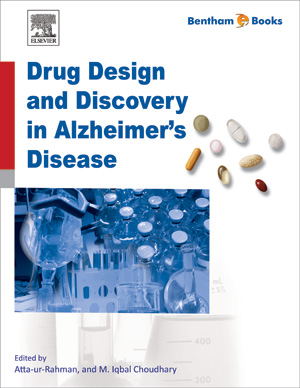Abstract
Pathological angiogenesis plays essential role in tumor progression, invasiveness, and metastasis. This process is highly stimulated by VEGF/VEGFR signaling pathway(s). Additional players such as Ang/Tie-2, FGF/FGFR, and Notch signals are also involved in this complex process by stabilization and maturation of blood vessels. As a result of the identification of molecular pathways and various targets driving angiogenesis, several agents have been developed for cancer treatment. Among various pathways, targeting VEGF/VEGFR2 has been proven to be the most effective to inhibit tumor angiogenesis and subsequent tumor growth in preclinical and clinical settings. This chapter highlights on the ramification of some of the crucial events that leads to the maturation of angiogenesis, explore the perplex process of angiogenesis and discuss the amenable strategies for intervention. We will discuss about the myriad number of current therapeutic agents based the target selectivity, preclinical findings, clinical application, and toxicity profile.
Keywords: Ang/Tie-2, Notch Signals, Pathological Angiogenesis, Toxicity profile, Tumor Growth, Tumor Progression.






















